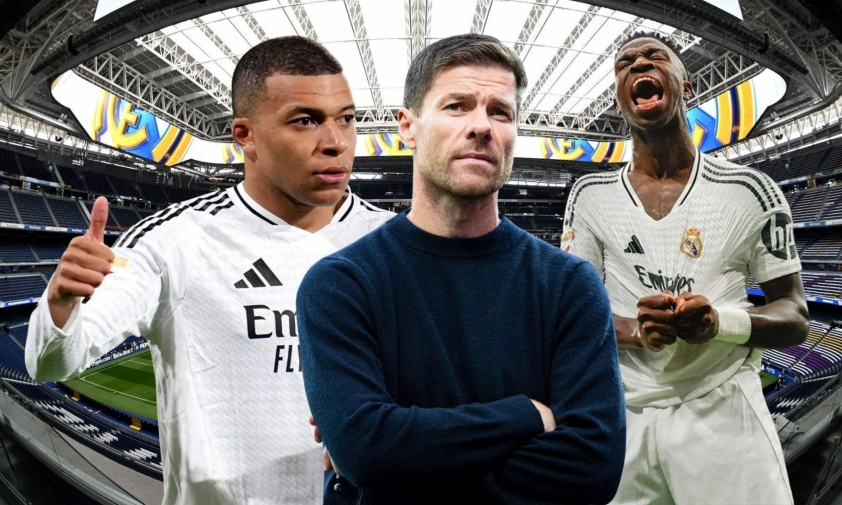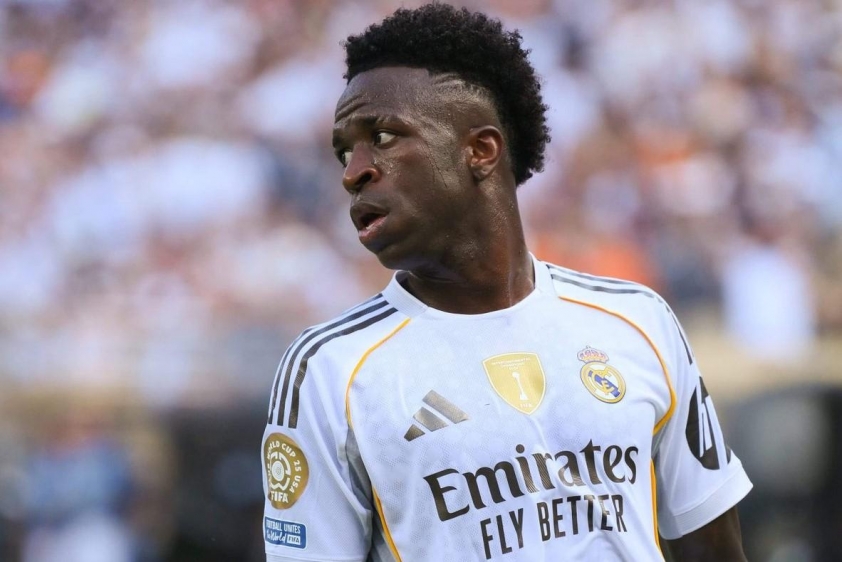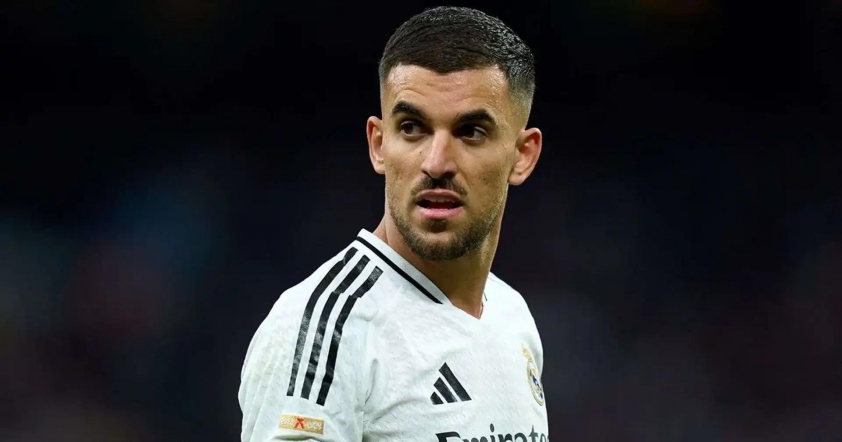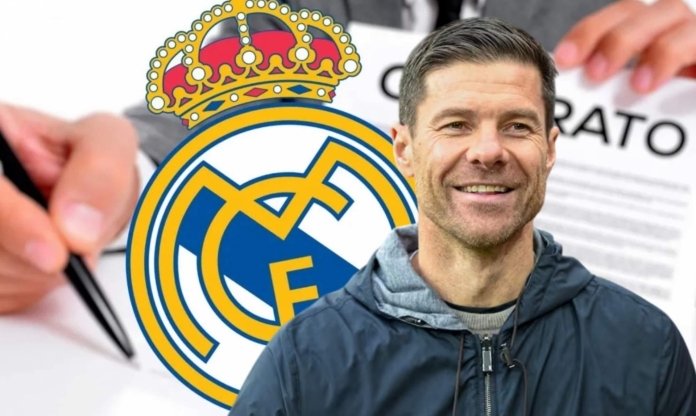Xabi Alonso's new rule shakes up Real Madrid
Xabi Alonso is leading a revolution at Real Madrid by implementing a merit-based selection policy, forcing stars out of their comfort zones to fiercely compete for starting positions.
Main content
Xabi Alonso takes charge of Real Madrid's locker room
Xabi Alonso quickly established control in Real Madrid’s dressing room. If the team has started to become more recognizable, especially without the ball, the rotations he made during the match against Oviedo sent a clear message: no player in the white jersey has a safe zone, and the merit-based selection principle has returned to Real Madrid.
Carlo Ancelotti previously maintained a hierarchical system within the squad, following the Argentine concept called “derecho de piso,” meaning newcomers must wait some time to claim their spot from more experienced players.

In the away match against Oviedo, Real Madrid’s starting lineup saw four changes compared to the opening game against Osasuna. Carvajal, Rudiger, Rodrygo, and Mastantuono started, while Alexander-Arnold, Militao, Vinicius, and Brahim were benched. This decision significantly altered the dynamic of a squad long accustomed to Ancelotti’s approach—who had entrusted his core players with consistent lineups, only forced to look to the bench or youth academy in the last two seasons due to injuries.
Vinicius Jr: More than just rotation
Vinicius was previously almost untouchable in the starting lineup despite a dip in form. The Brazilian hadn’t scored an away goal since December 2024 in Bergamo but never worried about losing his place under Ancelotti. This changed dramatically when Xabi Alonso boldly benched him in the Intercontinental Cup semifinal against PSG (though he later came on due to Alexander-Arnold’s injury) and recently sat him out again against Oviedo.
When brought on in the second half, Vinicius immediately made an impact with an assist and a goal, proving that this shock tactic was effective. In this new context, Vinicius’s leverage in contract renewal talks with Real has notably diminished. After a lackluster season, he is now just one part of a rotation system.

At Leverkusen, Xabi used rotation naturally, seeing it as a tool both to rest key players and keep everyone connected. After the game, he briefly stated: “Vini came on and contributed to two important goals. There will be games for everyone. That’s something you have to understand in football.”
Intense competition, no safe zones
The new atmosphere has pushed all players out of their comfort zones, forcing fair competition. Except for Courtois in goal and Mbappe upfront, nearly every position has alternatives.
Dean Huijsen quickly became the defensive leader, Carreras secured the left-back spot, Tchouameni anchors midfield, Arda Guler acts as the playmaker, and Valverde powers the midfield. However, even these players can be rested or replaced to give others a chance.

The rotation policy has also revived some players who seemed forgotten. Rodrygo was recently given a chance to return, but his future remains uncertain as Real might be willing to let him leave Premier League if they receive an attractive offer. Some sources even suggest his starting role is connected to potential transfers.
Those singled out: Ceballos, Asencio, Mendy…
Alongside this, Xabi Alonso’s personnel decisions have indirectly pointed some players toward the exit. Dani Ceballos posted “The Last Dance” on social media as a farewell message. The midfielder wants to return to Betis, but the Andalusian club currently has no need and cannot afford Real’s asking price. Thus, he is likely headed to Marseille, while Ceballos has ignored offers from the Premier League—where his time at Arsenal left him dissatisfied with the physically demanding style.

Raul Asencio, a young center-back from the academy, has also faded after serious mistakes in the Intercontinental Cup and is now the fourth-choice center-back. Fran Garcia remains in plans, rotating with Carreras, while Real is urgently seeking a new club for Mendy but has yet to succeed with the transfer window closing in a week.











 Links
Links
 Contact
Contact
 App
App


